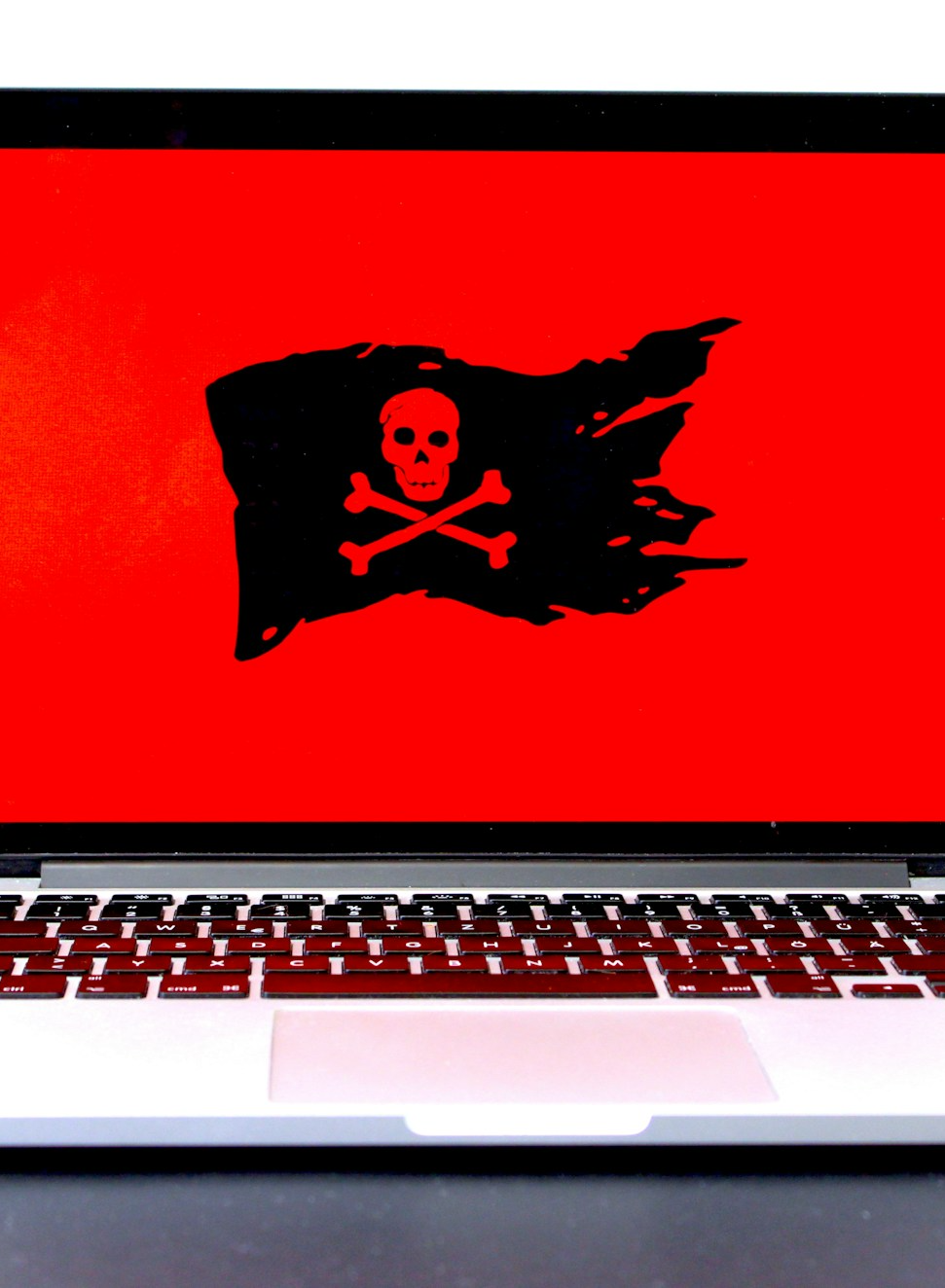Most people don't enjoy tracking their time. It's an extra task that seems menial and just adds something else that needs to be done to an already busy day. But the advantage that time tracking information provides you with far outweigh the minor hassle of logging time.
Here's 5 reasons why tracking time matters:
Tracking time shows how much things actually cost to deliver
The two biggest costs generally in a business are wages and rent (if you run a brick and mortar business). Depending on what your business is and how you run it, there will obviously be other costs incurred too, and your expenses can quickly start to add up. But you have to be able to cover these. This is why it matters that you quantify what it costs your business to complete work to cover these costs while remaining profitable.
Now time tracking is just one area that will help. But it's important that you take the time to actually calculate what your costs are per employee as this helps you to calculate your hourly rate, which in turn determines how much you charge for projects.
Track how much effort has gone into a project
If you work within a fixed amount or are working within a budget, it's crucial that you monitor the effort going into each task so you don't end up going over the time allocated/budgeted and losing money. Your day should be planned out with your work based on how much time you expect tasks to take.
Time Tracking allows you to see where you can be more efficient
Has it taken you far longer to complete deliverables within a project than expected, but you can't justify the extra time for the type of work? Is the project structure too complicated to complete work efficiently?
With time tracking data, you'll start to see trends in the work being completed. By continuing to build this data, you can see where your efficiencies and inefficiencies are allowing you to ultimately work more productively. This can also help with professional development. You might see two team members completing tasks at vastly different speeds. This can allow you to work more closely with them on helping them improve their efficiency.
At the same time, this valuable insight can then be used to help you better plan future project costings. If items are consistently taking you longer than you budgeted; you may need to review the time you allocate to these when costing a job.
Help you allocate time to prevent overworking or under-working
Employee satisfaction will play a big role in the quality of work delivered. But on the flipside, underworking can lead to boredom which can have much the same effect. By having data that shows you how much work is being completed, you can more more informed decisions about hiring and allocation of workloads. But this is where you need to take the time to talk your team through why time tracking does matter as it can seem unimportant except to those who are using the information to improve business processes.
Helps you work to a deadline
It's all too easy to fall into the trap of working away on a project without a line in the sand for completion. Whether it be that we get carried away with exciting opportunities on the project; or simply caught up in our own problem solving - it can often become easy to forget time associated with work. Having a budget/timer recording your efforts can allow you to work to a deadline and close the job out - ensuring decisions are being made and problems being solved. And with cumulative timing, you can easily see how much time you have remaining for each task.
Although time tracking can seem like an unnecessary "burden", the pros far outweigh the cons. It's never too late to start tracking time in your business. Time tracking is about making good business decisions about your resources, work and overall productivity.
Some time ago, we reviewed our time tracking processes and looked to find a system we could implement to get us this data. We couldn't find a system that integrated all the features we needed without running 2-3 systems simultaneously... so we built our own - DCODE Support. As well as tracking our time, DCODE Support allows us to manage projects and their deliverables from start to finish with integrated GANTT Charts, hour, costs and milestone tracking. Our clients are able to access this through a seperate portal built specifically for them where they can add notes and tasks to ongoing jobs.




